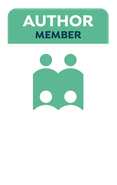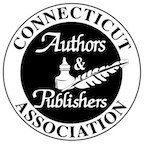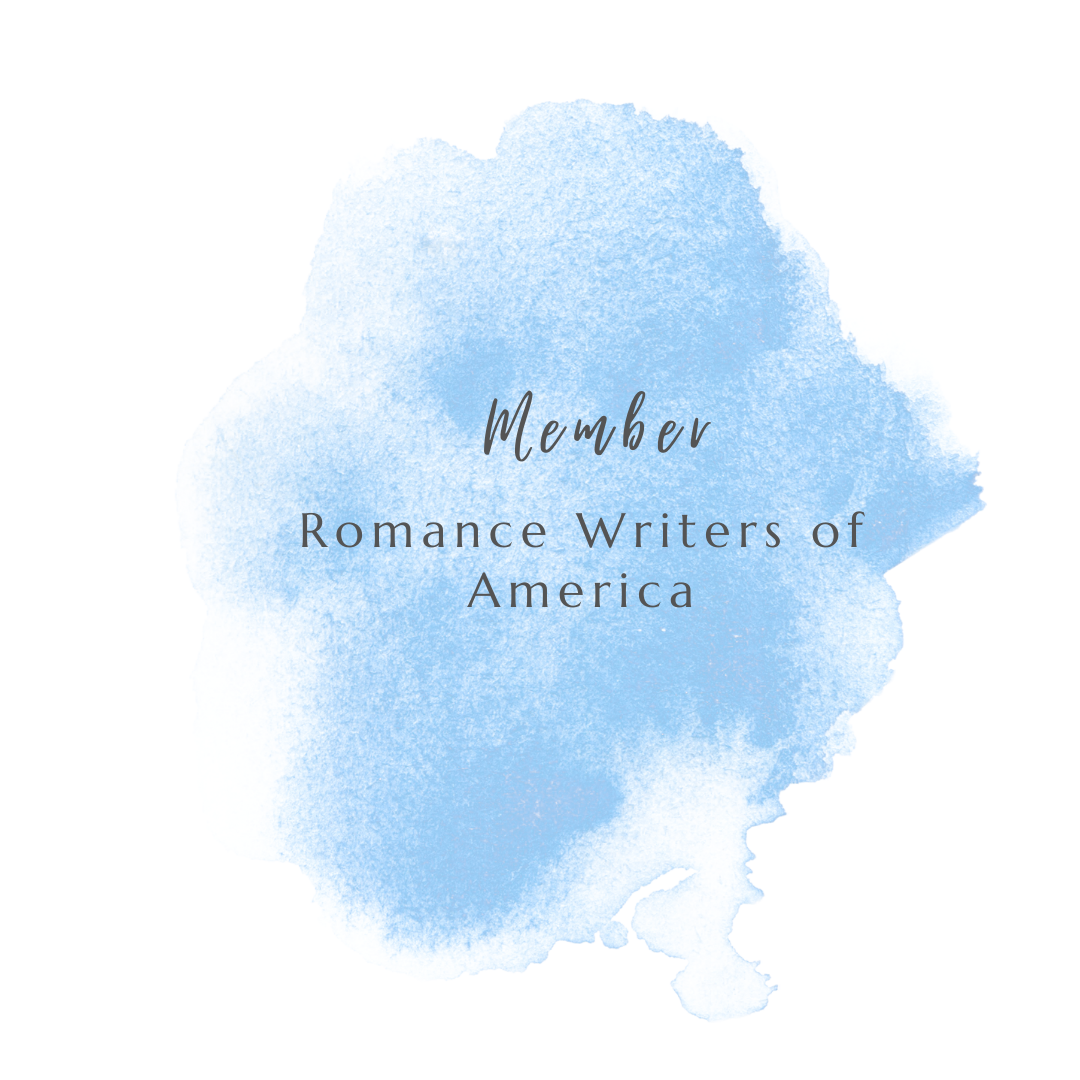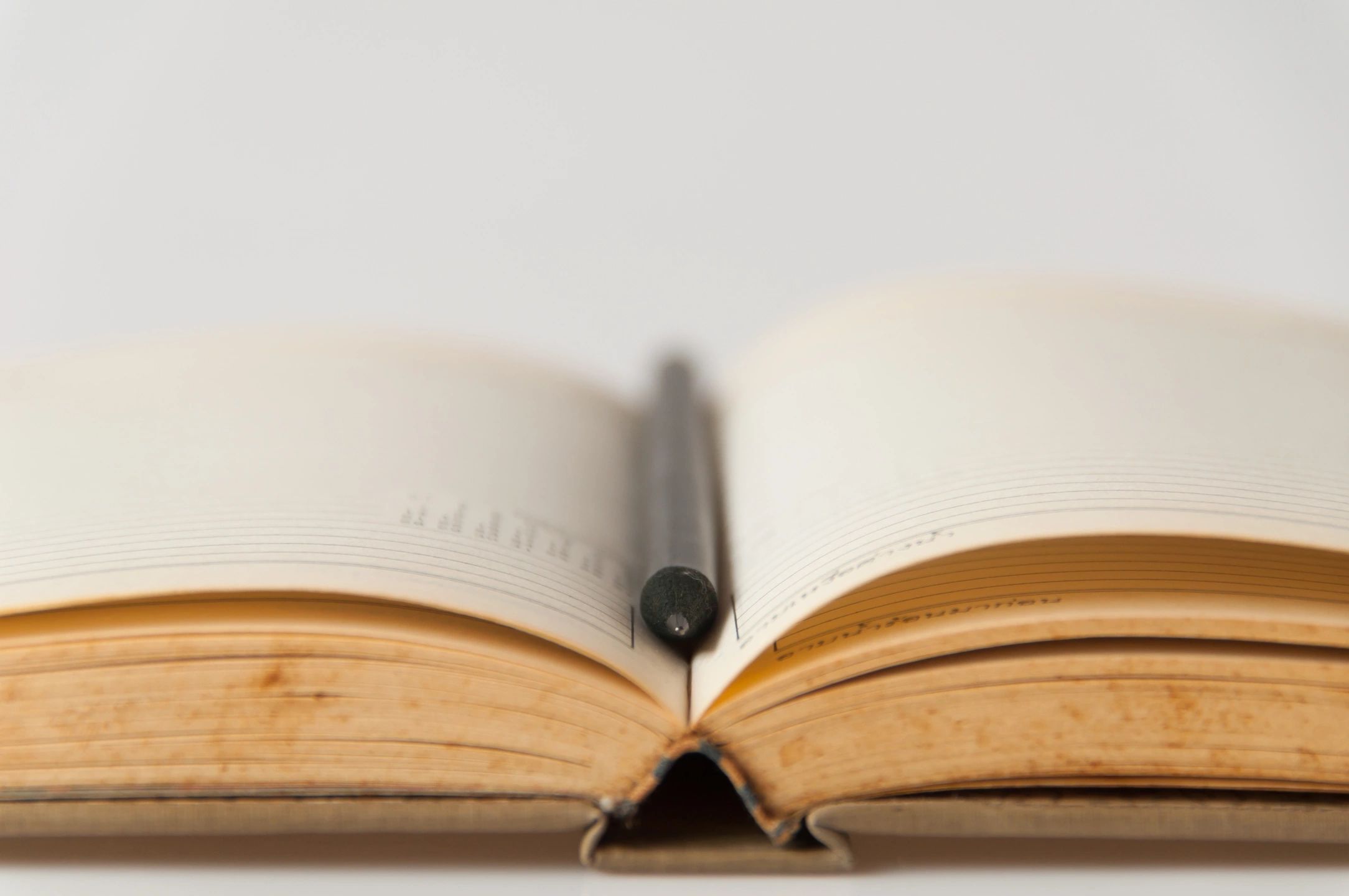 I have friends who throw parties when their manuscript is finished. One even rented a hall, catered it, and signed books for the occasion. Others unceremoniously set it aside and start the next one. And others who throw up their hands in exasperation and declare they are sick of the whole thing, refusing to look at it again.
I have elements of each of those extreme reactions, with a healthy dose of relief that comes completing a big project that is personally significant, and a little bit of grief that it's over. Not that I ever finish a manuscript. Rather, I am more likely to have it taken from me before I “edit all the life out of it”. Even after it has been sent off to the editor, I am likely to keep rewriting it in my mind.My best luck at letting go seems to be when I can bury myself in a new project. I keep a notebook of ideas and rely on a gem inside to intrigue me enough to pull me away.
I have friends who throw parties when their manuscript is finished. One even rented a hall, catered it, and signed books for the occasion. Others unceremoniously set it aside and start the next one. And others who throw up their hands in exasperation and declare they are sick of the whole thing, refusing to look at it again.
I have elements of each of those extreme reactions, with a healthy dose of relief that comes completing a big project that is personally significant, and a little bit of grief that it's over. Not that I ever finish a manuscript. Rather, I am more likely to have it taken from me before I “edit all the life out of it”. Even after it has been sent off to the editor, I am likely to keep rewriting it in my mind.My best luck at letting go seems to be when I can bury myself in a new project. I keep a notebook of ideas and rely on a gem inside to intrigue me enough to pull me away.
There is so much that has to happen to successfully launch a book I am not sure how anyone finds the time to celebrate at all. And because for me, writing is something I'm driven to do, have no choice but to do, I forget what a monumental accomplishment completing a novel truly is. Going forward, I plan to honor my achievement by buying myself something nice. Some possibilities?
- A Barnes and Noble shopping Spree
- An Amazon gift card
- A new tote bag
- A fancy pen
- A fancy journal
- Chocolate
Hmm. Now that I look at these all in a row like that, it seems what I want for finishing a book includes only books and writing related things. Which bring me right back to writing. Oh, well.
Yes. Chocolate is involved. Chocolate is always involved. #don'tjudgeme
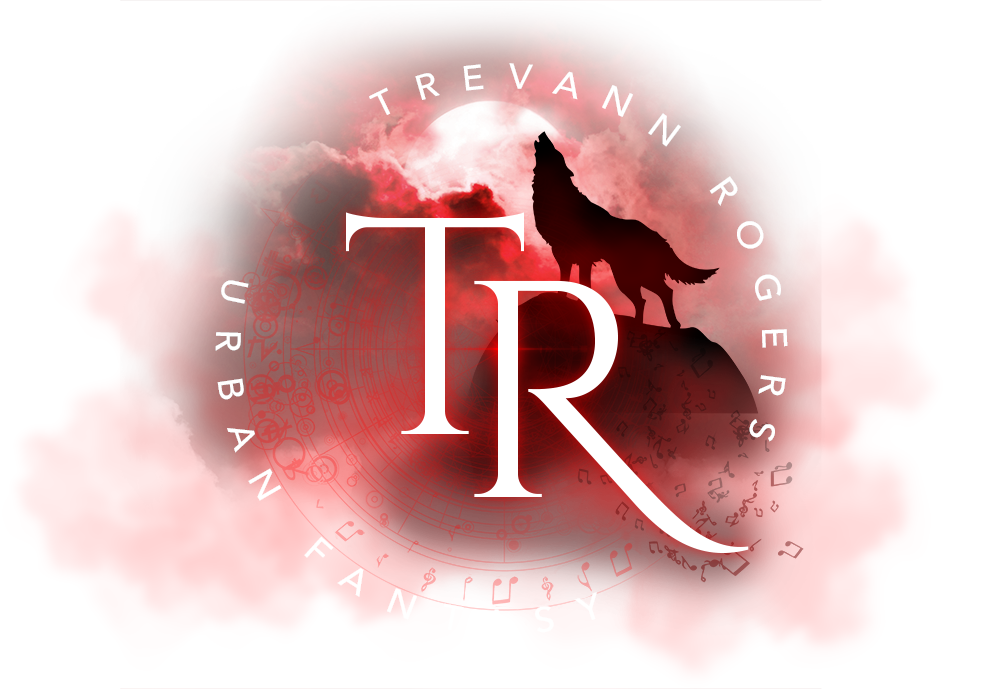

 I don't understand negative book reviews, and I have never been compelled to write one. If a book doesn't click with me, it doesn't click with me. Maybe if the book were racist, sexiest, and undecipherable, maybe I'd think that it would benefit society to hear my opinion. Otherwise, I recognize that nothing pleases everyone so if I read a book I don't like, I move on to the next book. My opinion about negative reviews was, unfortunately, exacerbated by my very worst one. You see, my worst review was also my FIRST review.
I don't understand negative book reviews, and I have never been compelled to write one. If a book doesn't click with me, it doesn't click with me. Maybe if the book were racist, sexiest, and undecipherable, maybe I'd think that it would benefit society to hear my opinion. Otherwise, I recognize that nothing pleases everyone so if I read a book I don't like, I move on to the next book. My opinion about negative reviews was, unfortunately, exacerbated by my very worst one. You see, my worst review was also my FIRST review.


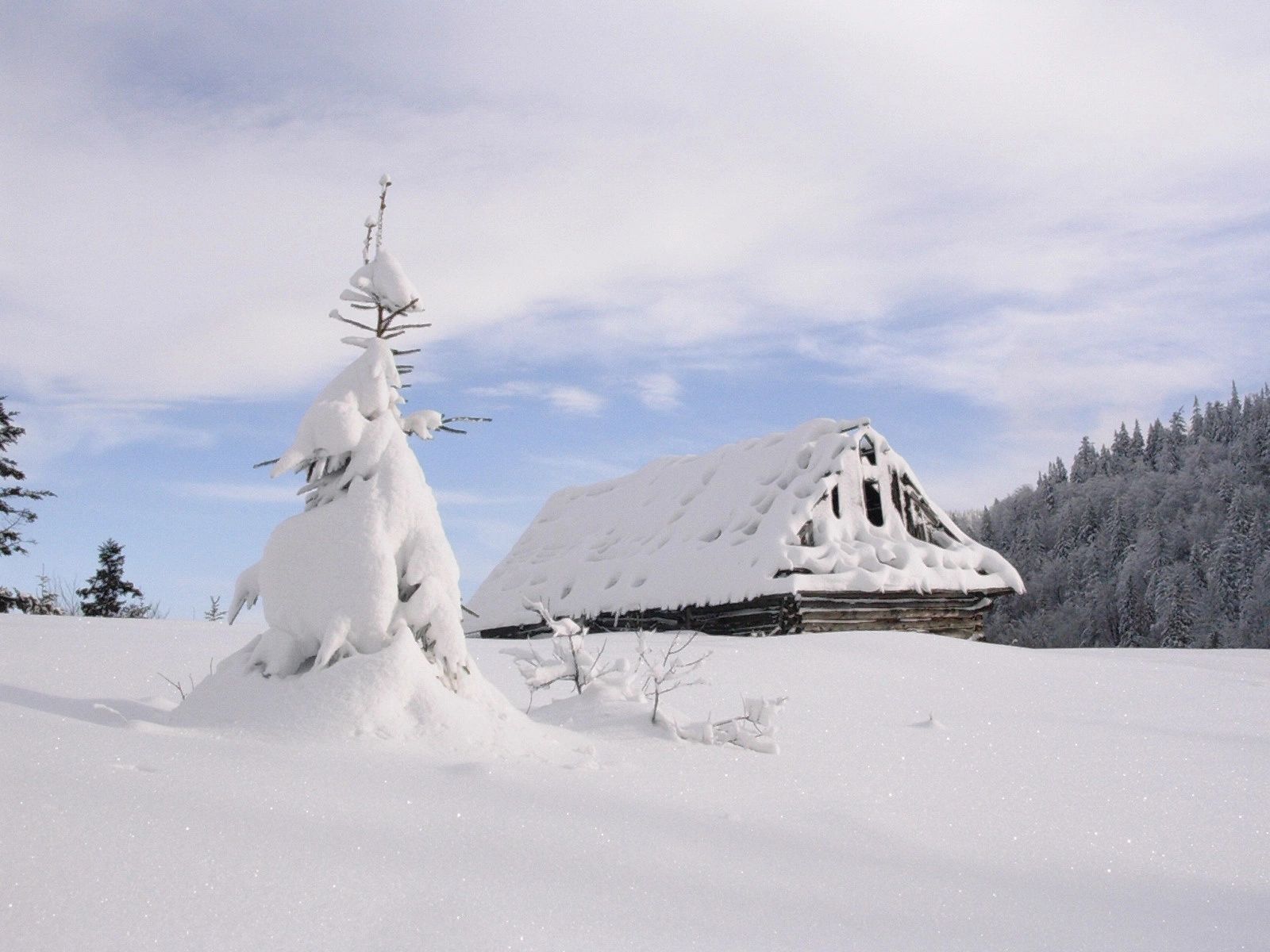
 Bucket lists seem to be a big thing these days. While I never thought of it as a bucket list there were some things I wanted to accomplish before I am too old to enjoy them. Maybe my ambitions were small. Maybe I was lucky because my goals have been fulfilled for the most part. Or maybe my bucket had a leak.
The things I haven't done were set aside mostly because I grew up and decided I didn’t want to do those things after all. For instance, for a long time I was enamored with celebrating New Year’s Eve in Times Square. The outing quickly lost its appeal when i learned about the lack of bathrooms. I am both too old and too young to wear a diaper.
Bucket lists seem to be a big thing these days. While I never thought of it as a bucket list there were some things I wanted to accomplish before I am too old to enjoy them. Maybe my ambitions were small. Maybe I was lucky because my goals have been fulfilled for the most part. Or maybe my bucket had a leak.
The things I haven't done were set aside mostly because I grew up and decided I didn’t want to do those things after all. For instance, for a long time I was enamored with celebrating New Year’s Eve in Times Square. The outing quickly lost its appeal when i learned about the lack of bathrooms. I am both too old and too young to wear a diaper. audience making her a best seller to adults also. My love of “underdog heroes” can be attributed to her.
audience making her a best seller to adults also. My love of “underdog heroes” can be attributed to her. Life is filled with roads untraveled. Decisions I’ve made to go left instead of right, north instead of south, have brought me to where I am—who I am—today. What if I’d made different choices? Would I be a different person? Maybe. Maybe not. There are too many “what if” questions to know for sure.
That being said, the answer to the question, “What would I do if I didn’t write?” isn't a stretch when one considers I still have a “day job”. Two, in fact. In my work life,I always find myself in some type of social service. Whether it was as a social worker, a professor, or CEO of a non-profit, the emphasis has always been on working closely with people, helping them to acquire the skills, information and resources needed to live their best lives possible.
Life is filled with roads untraveled. Decisions I’ve made to go left instead of right, north instead of south, have brought me to where I am—who I am—today. What if I’d made different choices? Would I be a different person? Maybe. Maybe not. There are too many “what if” questions to know for sure.
That being said, the answer to the question, “What would I do if I didn’t write?” isn't a stretch when one considers I still have a “day job”. Two, in fact. In my work life,I always find myself in some type of social service. Whether it was as a social worker, a professor, or CEO of a non-profit, the emphasis has always been on working closely with people, helping them to acquire the skills, information and resources needed to live their best lives possible.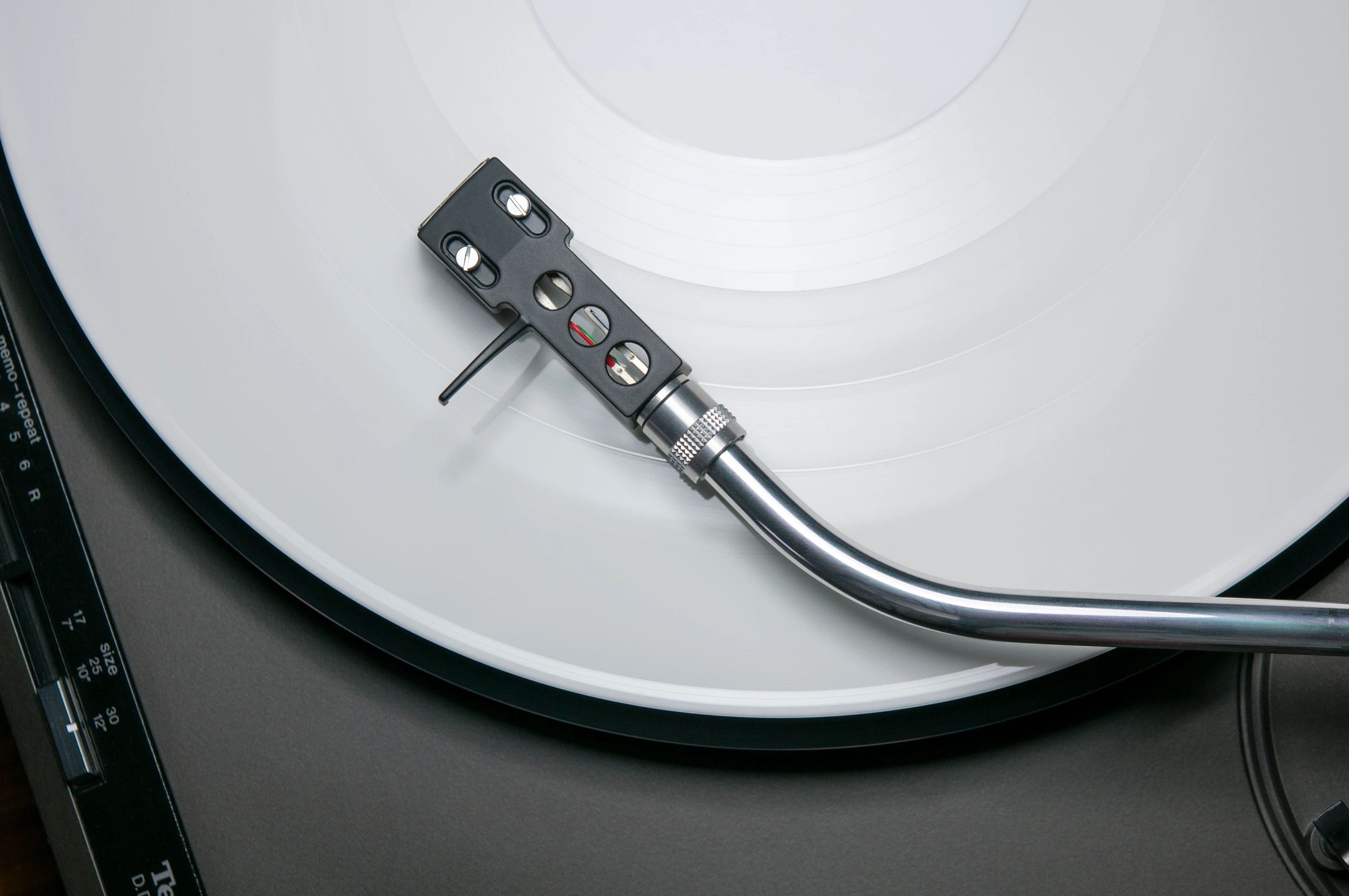
 I have heard people claim to remember events from their childhoods, some clearly as far back as their toddler years. Maybe they do. I don’t.
I have heard people claim to remember events from their childhoods, some clearly as far back as their toddler years. Maybe they do. I don’t.